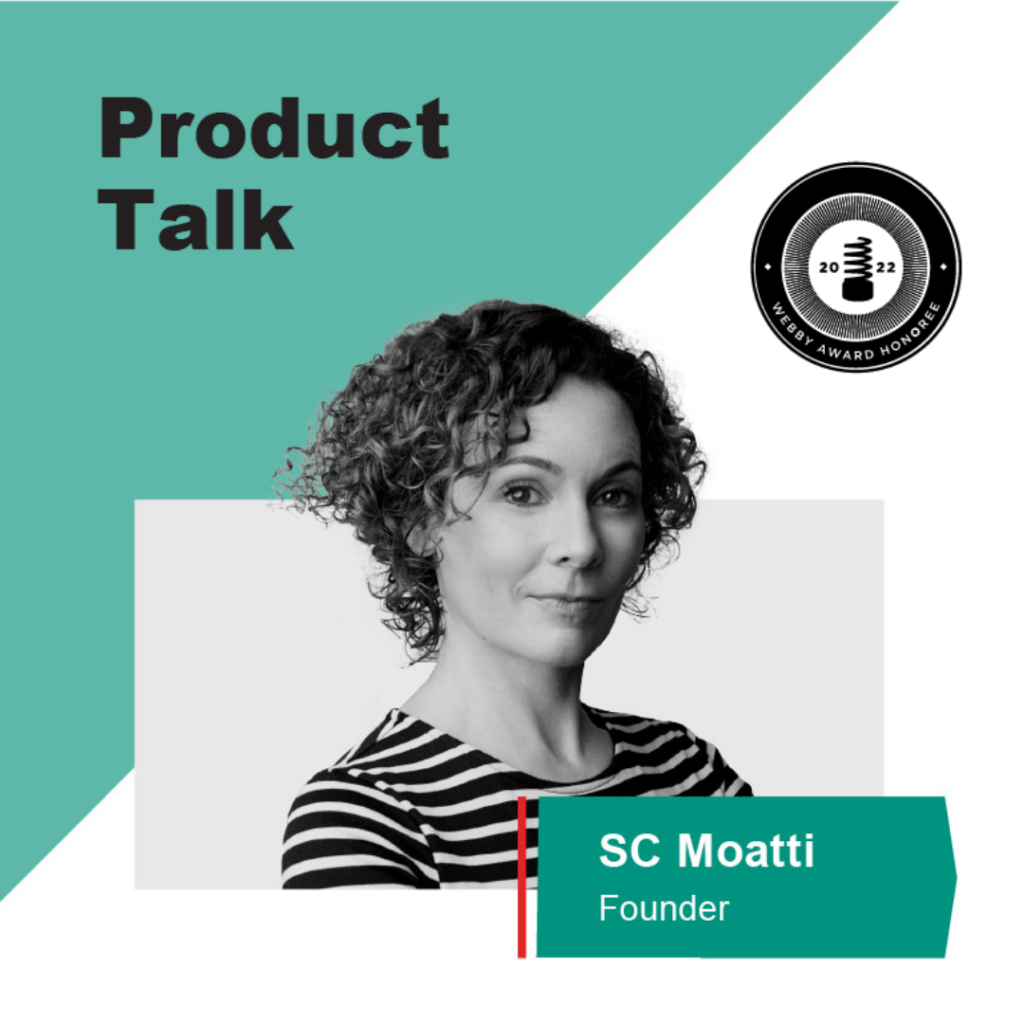Science was always part of my life and upbringing. My love for biology and bioengineering in particular started during my time at Berkeley. I was an undergraduate researcher in a chemical biology lab and spent painstaking hours synthesizing various sugar derivatives. In two years, I collected maybe a tablespoon of these various synthetic sugars. Eventually, I took a step back and realized that the bacteria we studied could produce similar materials in a much shorter time frame.
This was an important realization for me and it changed my direction from chemistry to bioengineering in grad school. What keeps me passionate about bioengineering is the prospect of solving some of the greatest challenges facing the world today. There is so much potential in programming organisms to solve critical problems such as climate change, environmental remediation, curing diseases, reducing our dependence on oil, and many other areas.

Using Bioengineering to Tackle Real World Problems
At Ginkgo, we’re striving to create nitrogen-fixing organisms that can be included in seed formulations to create self-fertilizing plants. What is great about this technology is that it is more sustainable and environmentally friendly than the alternatives. However, here’s the challenge. As of now, we know relatively little about how to program organisms. So, this mission greatly challenges everyone involved in supporting these efforts.
Transitioning from PhD to Product Management
Towards the end of my PhD, I didn’t exactly know what I wanted to do. I enjoyed being in the sciences but was not particularly inspired by doing lab work. I did enjoy managing projects and thinking about their organization and execution. When I looked at jobs in the industry, product management shared aspects of graduate work that I did enjoy.
I started exploring product management near the end of my PhD through a summer internship at Athenahealth. That transition was truly humbling. My biggest challenge was understanding who the customers are, what motivates them, and the influence of institutional policies. As you can imagine, I was definitely not trained for that.
As you can imagine, it took some time for me to find my footing. It helped that at the time product management at Athena was a heavy mix of project and product responsibilities. I was definitely not good at the product management component. However, my PhD had taught me how to manage projects independently, to be aware and account for risks, question underlying assumptions, and other project management skills. When I think about it, being a PhD student is effectively being a product manager, project manager, as well as the execution team all in one.